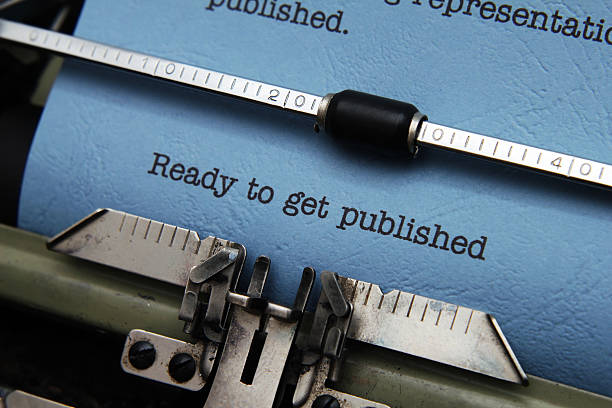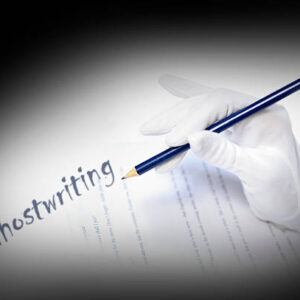Description
Editing is a crucial step in the publishing process. A skilled editor can help to polish your manuscript, improve its clarityand coherence, and ensure that it meets the highest standards of quality. In this guide, we will explore the different types of book editing, the benefits of hiring a professional editor, and how to find the right editor for your project.
Types of Book Editing
There are three main types of book editing:
- Developmental Editing: This involves providing feedback on the overall structure, content, and organization of your manuscript.
Developmental editors can help you identify weaknesses in your story, improve your characters, and strengthen your plot.
- Copyediting: Copyediting focuses on the grammar, punctuation, and style of your writing. Copyeditors can help to correct errors and improve the overall readability of your manuscript.
- Proofreading: Proofreading is the final stage of the editing process. It involves checking for any remaining errors, such as typos and inconsistencies.
Benefits of Hiring a Professional Editor
Hiring a professional editor can offer several benefits, including:
- Improved Quality: A skilled editor can help to improve the overall quality of your manuscript by identifying and correcting errors, improving the clarity and coherence of your writing, and ensuring that your manuscript meets industry standards.
- Increased Credibility: A professionally edited manuscript can help you establish yourself as a credible author.
- Time and Stress Reduction: Editing can be a time-consuming and stressful process. Hiring a professional editor can save you time and reduce your stress levels.
- Feedback and Guidance: A professional editor can provide valuable feedback and guidance on your writing. They can help you identify areas for improvement and suggest ways to strengthen your manuscript.
Finding the Right Editor
When choosing an editor, it’s important to consider their experience, qualifications, and specialization. Look for an editor who has experience editing books in your genre. You may also want to ask for recommendations from other authors or writing groups.
The Editing Process
The editing process typically involves several stages:
- Initial Review: The editor will read your manuscript and provide initial feedback.
- Developmental Editing: If necessary, the editor will make suggestions for improving the overall structure, content, and organization of your manuscript.
- Copyediting: The editor will check for grammar, punctuation, and style errors.
- Proofreading: The editor will proofread your manuscript to ensure that it is error-free.
Conclusion
Hiring a professional editor is an investment that can pay off in the long run. By working with a skilled editor, you can improve the quality of your manuscript and increase your chances of success as an author.


Reviews
There are no reviews yet.